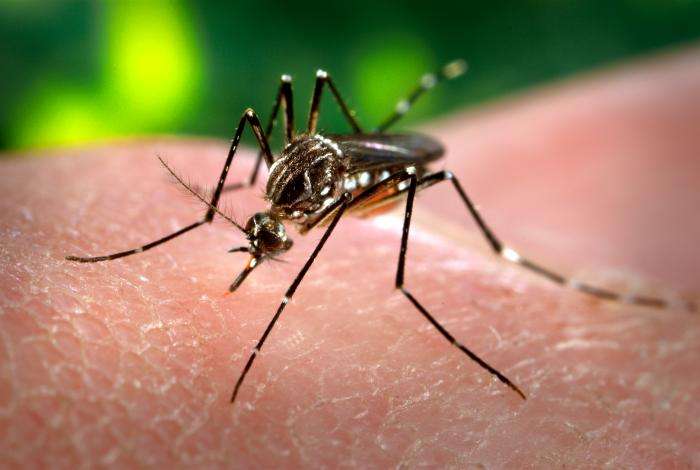Zika Virus

Zika virus is spread to people through mosquito bites. The most common symptoms of Zika virus disease are fever, rash, joint pain, and conjunctivitis (red eyes). The illness is usually mild with symptoms lasting from several days to a week. Severe disease requiring hospitalization is uncommon.
What is Zika virus disease (Zika)?
Zika is a disease caused by Zika virus that is spread to people primarily through the bite of an infected Aedes species mosquito. The most common symptoms of Zika are fever, rash, joint pain, and conjunctivitis (red eyes). The illness is usually mild with symptoms lasting for several days to a week.
What are the symptoms of Zika?
About 1 in 5 people infected with Zika will get sick. For people who get sick, the illness is usually mild. For this reason, many people might not realize they have been infected.
The most common symptoms of Zika virus disease are fever, rash, joint pain, or conjunctivitis (red eyes). Symptoms typically begin 2 to 7 days after being bitten by an infected mosquito.
How is Zika transmitted?
Zika is primarily transmitted through the bite of infected Aedes mosquitoes. It can also be transmitted from a pregnant mother to her baby during pregnancy or around the time of birth. We do not know how often Zika is transmitted from mother to baby during pregnancy or around the time of birth.
Who is at risk of being infected?
Anyone who is living in or traveling to an area where Zika virus is found who has not already been infected with Zika virus is at risk for infection, including pregnant women.
What can people do to prevent becoming infected with Zika?
There is no vaccine to prevent Zika. The best way to prevent diseases spread by mosquitoes is to avoid being bitten. Protect yourself and your family from mosquito bites. Here’s how:
- Wear long-sleeved shirts and long pants.
- Stay in places with air conditioning or that use window and door screens to keep mosquitoes outside.
-
Use Environmental Protection Agency (EPA)-registered insect repellents. All EPA-registered insect repellents are evaluated for effectiveness.
- Always follow the product label instructions.
- Reapply insect repellent as directed.
- Do not spray repellent on the skin under clothing.
- If you are also using sunscreen, apply sunscreen before applying insect repellent.
-
If you have a baby or child:
- Do not use insect repellent on babies younger than 2 months of age.
- Dress your child in clothing that covers arms and legs, or
- Cover crib, stroller, and baby carrier with mosquito netting.
- Do not apply insect repellent onto a child’s hands, eyes, mouth, and cut or irritated skin.
- Adults: Spray insect repellent onto your hands and then apply to a child’s face.
-
Treat clothing and gear with permethrin or purchase permethrin-treated items.
- Treated clothing remains protective after multiple washings. See product information to learn how long the protection will last.
- If treating items yourself, follow the product instructions carefully.
- Do NOT use permethrin products directly on skin. They are intended to treat clothing.
- Sleep under a mosquito bed net if you are overseas or outside and are not able to protect yourself from mosquito bites.
What is the treatment for Zika?
There is no vaccine or specific medicine to treat Zika virus infections.
Treat the symptoms:
- Get plenty of rest.
- Drink fluids to prevent dehydration.
- Take medicine such as acetaminophen to reduce fever and pain.
- Do not take aspirin or other non-steroidal anti-inflammatory drugs.
- If you are taking medicine for another medical condition, talk to your healthcare provider before taking additional medication.
How is Zika diagnosed?
- See your healthcare provider if you develop symptoms (fever, rash, joint pain, red eyes). If you have recently traveled, tell your healthcare provider.
- Your healthcare provider may order blood tests to look for Zika or other similar viral diseases like dengue or chikungunya.
What should I do if I have Zika?
Treat the symptoms:
- Get plenty of rest
- Drink fluids to prevent dehydration
- Take medicine such as acetaminophen to reduce fever and pain
- Do not take aspirin or other non-steroidal anti-inflammatory drugs
Source: http://www.cdc.gov/zika/



